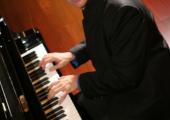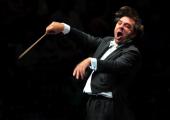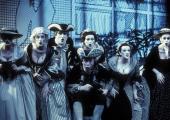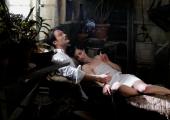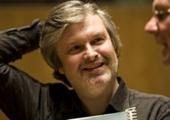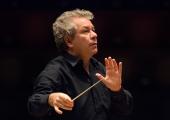The Ballet That Began in the Bath
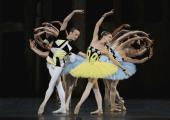
Chic but arithmetical: Ashton's masterpiece Scenes de Ballet in Scotland
This week Scottish Ballet opens its new season with a ballet of genius that began life in the bath. The bath is a great place for inspiration. The Greek mathematician Archimedes discovered the law of hydrostatics in it. The choreographer Frederick Ashton also had one of his major lightbulb moments while having a soak, idly listening to the radio in 1947 when a new piece of music came on.

